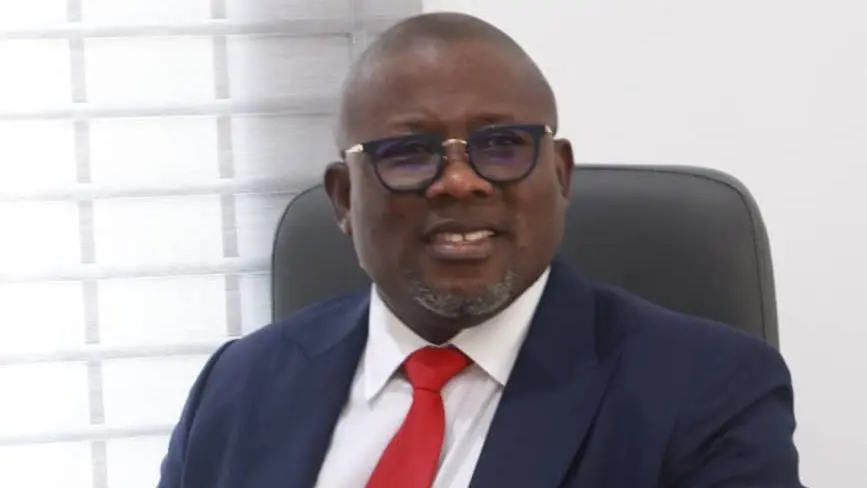By Fred Edoreh
Necessity, they say, is the mother of invention, but it takes forward-looking vision, deep thinking and boldness to create innovations that change our world.
Governor Sheriff Oborevwori’s plan to introduce electric and compressed natural gas powered vehicles to transform the public transportation sector resonates that mode.
Speaking at the swearing-in ceremony of Commissioners, he noted that consequent upon the removal of fuel subsidy and the galloping exchange rate of the dollar against the naira, so much hardship has been brought upon the people, and in addition to various immediate palliative measures he has unwrapped to provide economic relief for Deltans, his administration has set up a committee headed by the Secretary to the State Government to look “at the possibility of acquiring electric vehicles for public transportation.”
The committee, he said, has equally been mandated to initiate the process of converting the Tricycle Assembly Plant in Asaba, in which the state shares equity with Stallion Group, into a dual-purpose factory to produce gas-powered tricycles in addition to those running on petrol.
“If this is done,” he reasoned, “it should significantly drive down the cost of transportation.” Indeed, it essentially will provide an enduring cost operation solution for both public transporters and commuters.
The removal of fuel subsidy came with spiral inflation. The cost of transportation from Asaba to Warri which used to be around N2,500 jumped to N5,000 while Asaba to Lagos which was N7,000 went up to N15,000. So too has the cost of intra-city movement risen, with biting effect on workers who must commute daily to and from offices. The incidence on traders is passed on the public with the inflation of the price of goods, especially foodstuffs.
What we need to know is that petrol engines are only 20 to 30 per cent efficient in fuel utilisation while the remaining 70 to 80 per cent are wasted in combustion. This means for every N10,000 petrol, only about N3,000 of it is used by the engine while N7,000 is wasted. The efficiency is even lower in older vehicles with only about 15 to 25 per cent utilisation and higher harmful gas emission.
Given this fact of physics, we can imagine the financial waste occasioned by the increase of fuel price from N185 to now above N600 per litre. Worse is that 99 per cent of vehicles on Nigerian roads are petrol and diesel powered and with average age of between 15 and 20 years compared to between five and seven years in Europe and America.
On the other hand, electric vehicles have energy utilisation efficiency of between 70 and 80 per cent while only about 20 to 30 per cent goes to waste. Needless to add that they are cleaner and more environmentally friendly as against the harmful gas emission of petrol vehicles.
While the utilisation efficiency of compressed natural gas is the same as petrol engine, the difference is that autogas is relatively cheaper, has less noisy and smoother engine and emits almost 70 per cent less carbon dioxide.
The foregoing analysis shows why the top 20 automobile producers in the world are fast embracing the manufacture of e-vehicles even as many advanced nations are targeting the phasing out of petrol vehicles in not too distant years.
The Nigerian government had recognised this, but it is sad that the action plan for conversion of Nigerian vehicles announced at about 2020 is still in the dream pipe while countries like South Africa, Morocco, Tunisia, Egypt, Rwanda and Kenya have not only set up enabling infrastructures but are already in partnership with various leading e-vehicle manufacturers in setting up local productions in their countries.
This opens new channels for direct foreign investments, introduction of new technologies, generation of new jobs and, most importantly, reduction in the price of new cars with the elimination of freight, clearing and forwarding costs and pressure on foreign exchange for importation.
It is therefore great foresight that Governor Oborevwori’s thought is in the direction the world is advancing. Even though his immediate approach is geared towards purchasing manufactured e-vehicles for immediate relief on operational cost in public transportation, he will ultimately lead a disruption for good in not just Delta but Nigeria’s public transportation scene.
Interestingly, he has been actually in engagement with Jet Systems, an e-vehicle provider, to work out the feasibility.
“Everybody is trying to go in that direction. It will also be economical and the good thing about this is that I am putting together a team headed by the Secretary to the State Government to study and see if it is something the state can do to support the transporters and reduce cost of transportation,” he said during one of the engagements. READ ALSO:
- Adeleke Imposes Fresh Curfew in Ifon-Ilobu
- Atiku: The Heartbeat of the Opposition, By Babajide Balogun
- Matawalle seeks increased funding to combat insurgency, banditry
- LCCI backs FG’s Tax Reform Bills
- JUST IN: Ondo govt declares Friday public holiday for LG elections
Apart from the possible mass migration of public transporters to e-vehicles for cheaper operational cost, the agenda can manifest in the attraction of manufacturing partners for local production and new revenue stream for the government, even if it begins only with the conversion or manufacture of two and three wheeler electric vehicles for workers to commute to and from work and for intra-city commercial transportation as is the case in countries like India, Brazil, China and various European nations.
Expectedly too, the initiative will necessitate deliberate action for the intensification of generation, transmission and distribution of electricity across the state to sustain the new order and empower other enterprises.
Thankfully, Sheriff knows the street and where it pinches the people. He also knows that if we don’t shoot, we can’t score, and that is why the NIKE sports brand says: “Just Do It.”


